A new Swedish iron processing project could disrupt the global steel industry
GreenBiz
DECEMBER 17, 2020
Looking forward, with customers, investors and policymakers increasing pressure to adhere to the Paris Agreement, reducing greenhouse gas emissions is a critical element of maintaining competitiveness. Indeed, in these locations zero-carbon steel can be competitive with blast furnaces completely without subsidies.

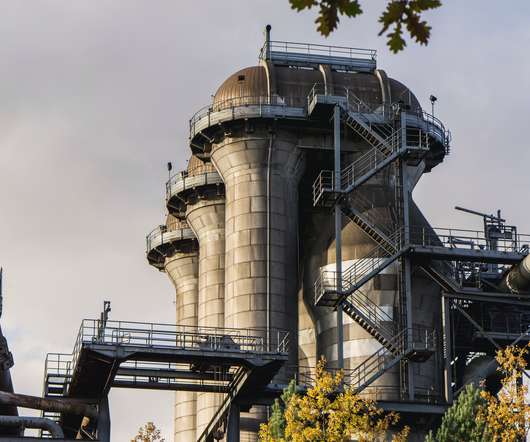
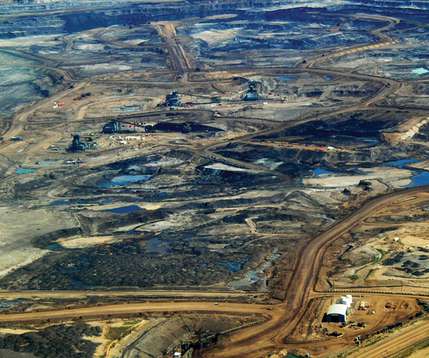
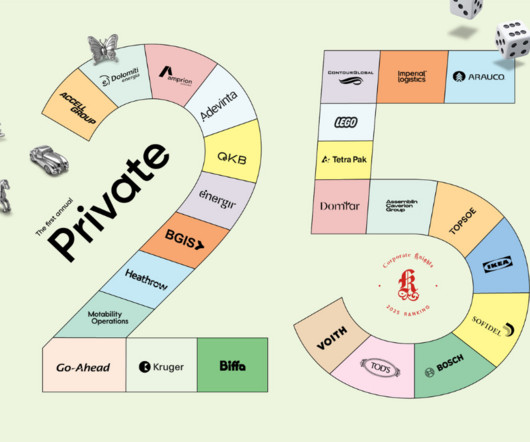
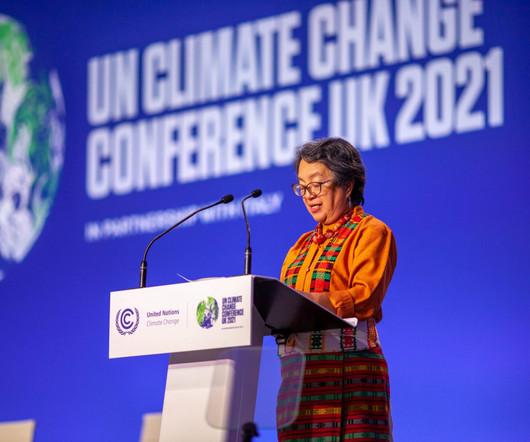


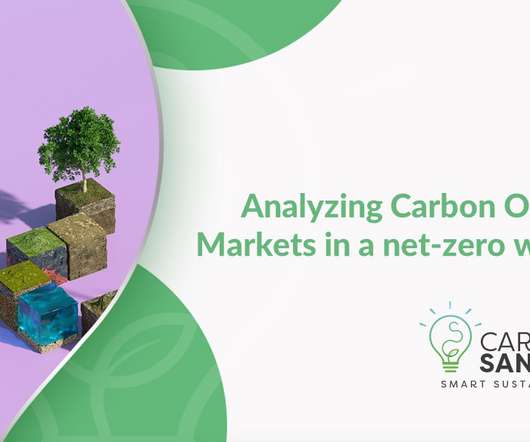
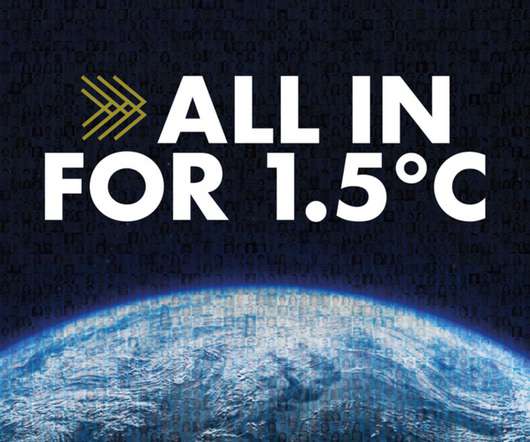
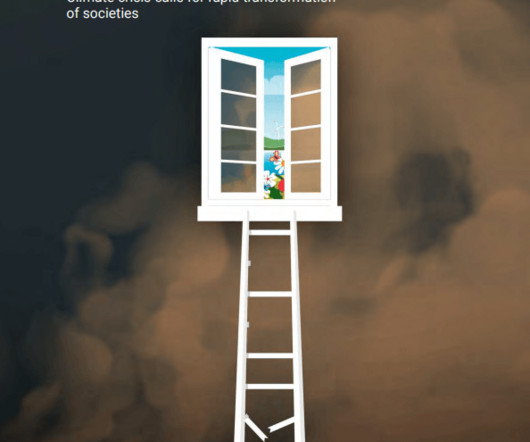










Let's personalize your content